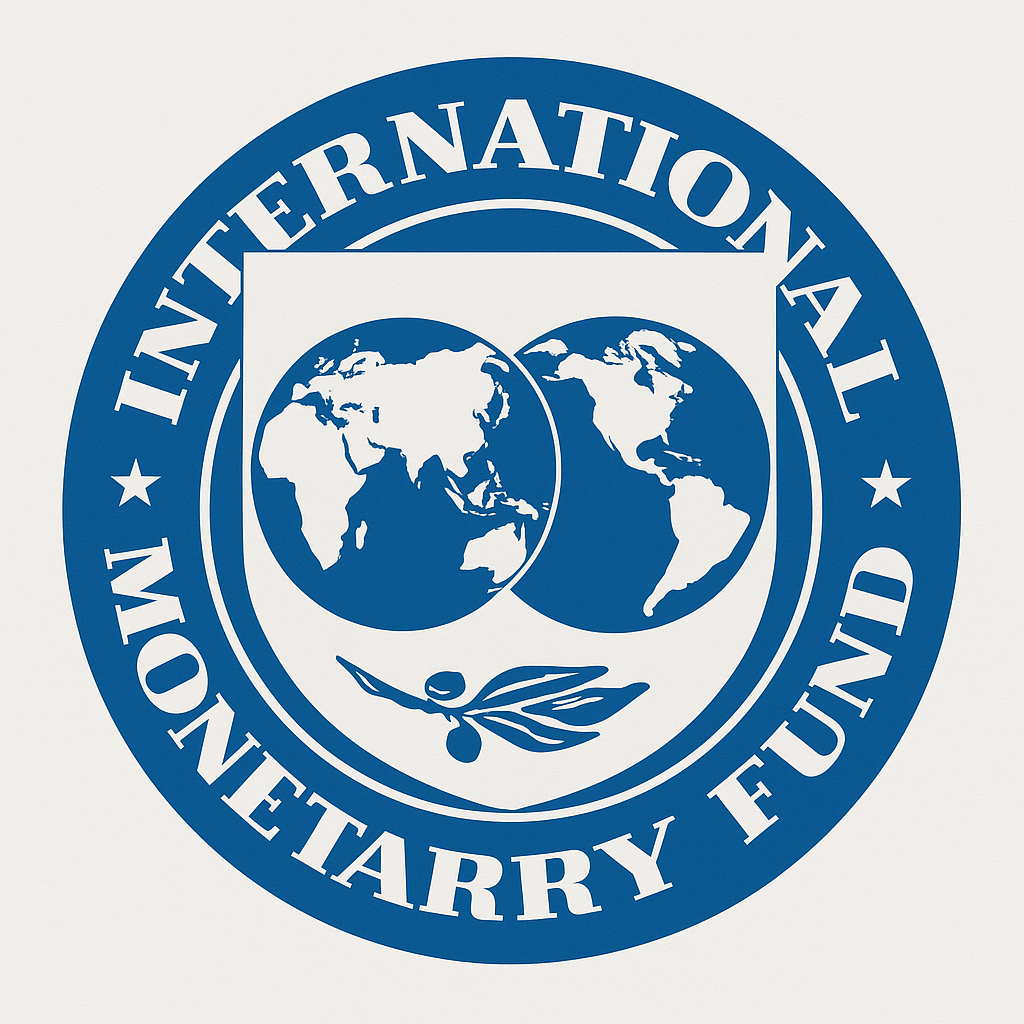
The International Monetary Fund (IMF) recently rejected several budgetary proposals presented by the Government of Pakistan for the financial year 2025-26. This marks a serious setback in Pakistan economic recovery efforts and puts the ongoing bailout program at risk. The IMF objections highlight deeper issues in revenue estimation, spending priorities, and economic transparency. In this article, we unpack what led to the IMF’s decision, analyze its broader implications, and outline what Pakistan must do next to stabilize its fragile economy.
The budget proposed an determined Federal Board of Revenue (FBR) target exceeding Rs 12.5 trillion. However, the IMF expressed disbelief, noting Pakistan historical underperformance in tax collection and failure to broaden the tax base. These overly optimistic figures required a clear, evidence-based strategy to boost tax compliance or expand direct taxation.
According to a Dawn News report, Pakistan tax-to-GDP ratio remains under 10%, well below regional averages, making these targets economically incredible without structural tax reforms.
The proposed 18% increase in defense spending, reaching over Rs 2.5 trillion, raised red flags. With fiscal space already constrained, the IMF highlighted that such an allocation could crowd out essential sectors like health and education. While national security remains important, budgetary priorities during an economic crisis must shift towards inclusive growth.
The Public Sector Development Programme (PSDP) was another point of contention. The government planned a 55% increase in PSDP allocations, which the IMF believed financially unsustainable. Given Pakistan recent IMF Extended Fund Facility (EFF) support, the Fund stressed that such expenditures should align with revenue realities.
The IMF concerns reflect Pakistan larger macroeconomic imbalances, including:
These issues create a dangerous feedback loop: weak revenue leads to higher borrowing, which in turn raises interest payments and reduces space for growth-focused spending.
Pakistan’s fiscal decisions are also subject to geopolitical scrutiny. India recently raised objections to international lending to Pakistan, questioning whether these funds might support defense-related expenses. According to reports, there’s renewed lobbying to place Pakistan back on the Financial Action Task Force (FATF) grey list.
However, the IMF has firmly responded to these allegations. In a press release cited by Bloomberg, the Fund clarified that its loan disbursements are made exclusively through the State Bank of Pakistan (SBP) and are strictly monitored, with no direct access granted to the military or political actors.
To restore IMF confidence and ensure future financial stability, Pakistan must adopt a comprehensive reform agenda:
The government must focus on broadening the tax base by taxing untapped sectors like agriculture and real estate. For an in-depth breakdown, see our article on Understanding Pakistan's Tax System: Challenges and Reforms. This not only boosts revenues but also enhances equity and economic efficiency.
Cutting non-essential subsidies and postponing politically motivated development projects can free up fiscal space. The defense budget should also be strategically reviewed, aligning with actual security needs rather than historical increments.
SOEs continue to bleed the treasury. Entities such as Pakistan Steel Mills and PIA should be either restructured or privatized. Learn more in our feature: The Role of State-Owned Enterprises in Pakistan's Economy.
Energy circular debt has crossed Rs 2.6 trillion. Implementing targeted subsidies, reducing line losses, and moving towards competitive bidding can bring fiscal relief. More insights available in Pakistan's Energy Sector: Opportunities and Obstacles.
Many citizens wonder: Why should the IMF dictate our budget? The reality is that IMF conditionalities are tied to economic sustainability. Without reforms, the government risks falling back into a default situation, triggering more inflation, currency depreciation, and economic isolation.
Another concern is whether the common person will bear the brunt of IMF policies. While short-term pain is inevitable, long-term gains are possible through targeted social safety nets and improved governance. Pakistan must design an equitable reform agenda that protects its most vulnerable populations.
The IMF rejection of Pakistan 2025 budget targets is more than a governmental reproach—it’s a wake-up call. Pakistan stands at an intersection where it must choose between political short-termism or long-term fiscal responsibility. By making indication-based decisions, improving transparency, and prioritizing structural reforms, Pakistan can not only restore IMF trust but also lay the groundwork for a more inclusive and stable economy.
No comments yet. Be the first to share your thoughts!
Have questions about our services or need personalized advice? Our team is ready to assist you.